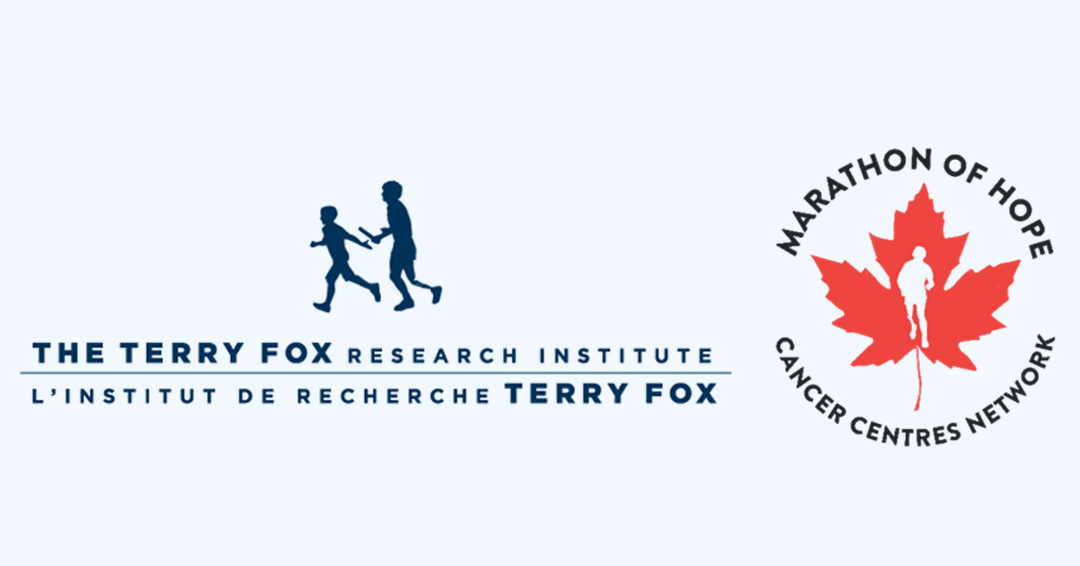
Basal cell carcinoma (BCC) is the most common type of skin cancer and affects thousands of Canadians annually. While most BCCs are relatively harmless and can be removed through surgery, a small fraction become extremely aggressive, spreading to surrounding skin and distant organs, and leading to severe complications that gravely affect a patient’s quality of life.
These advanced BCCs are a mystery to researchers, who still don’t know what makes them so aggressive. To bridge this gap, Lady Davis Institute dermatologist and researcher Dr. Philippe Lefrançois, (McGill University and Jewish General Hospital) will use his new Clinician-Scientist Award from the Marathon of Hope Cancer Centres Network’s (MOHCCN) to learn what differentiates these cancers from their less aggressive counterparts.
“Through this project we aim to create models that allow us to understand how advanced BCCs look like at the molecular and cellular levels so we can eventually target the key features that make them so aggressive,” he explains.
To achieve this goal, Dr. Lefrançois will use samples derived from patients to characterize the mutational and transcriptional landscape of advanced BCCs as well as their surrounding microenvironment. Once this characterization is done, he and his team will create a resource that links these characteristics with specific clinical data such as sex, location on body, and appearance under the dermatoscope, to see if any specific differences lead to worse outcomes in patients. Understanding the drivers of these cancer will enable them to catch and treat them early, preventing further complications.
The Marathon of Hope Cancer Centres Network will enable Dr. Lefrançois’s team access to the resources and expertise needed to make these discoveries. “One of the first objectives of this project will be to create a biobank of advanced BCC samples, and for that we will work with collaborators from the MOHCCN Consortium in Quebec (MOH-Q) and eventually, MOHCCN investigators across Canada, to not only collect samples, but also important clinical data that will allow us to better study this disease,” he says.
“Now is really the time for us to come together to do this,” says Dr. Lefrançois. “Like many cancers, advanced BCC is a growing issue in Canada due to increased sun exposure and an aging population. if we can understand what exactly triggers it, we can find targeted treatments that prevent out of control growth, and really deliver on the promise of precision medicine.”
The $225,000 award will last three years and can be matched by the Jewish General Hospital to total $450,000. Lefrançois is one of four inaugural award recipients.
